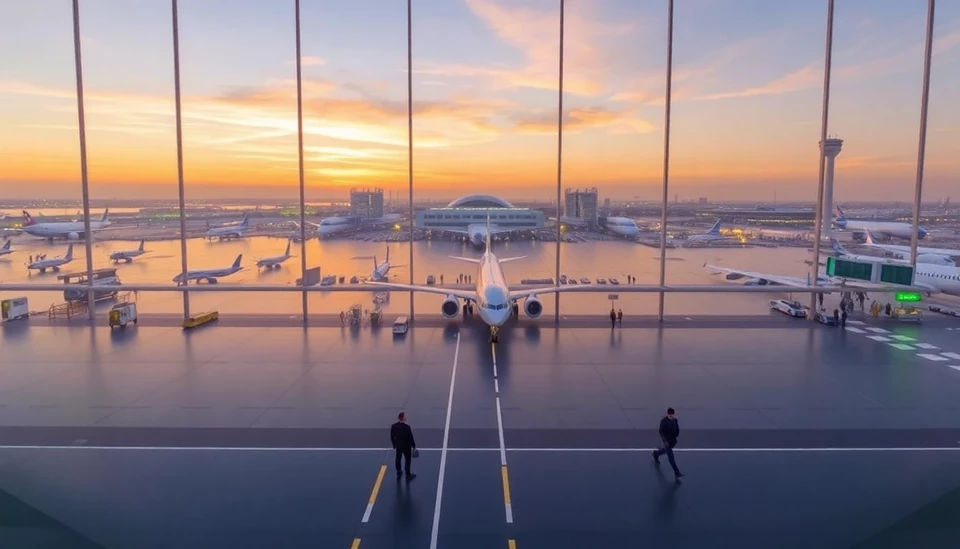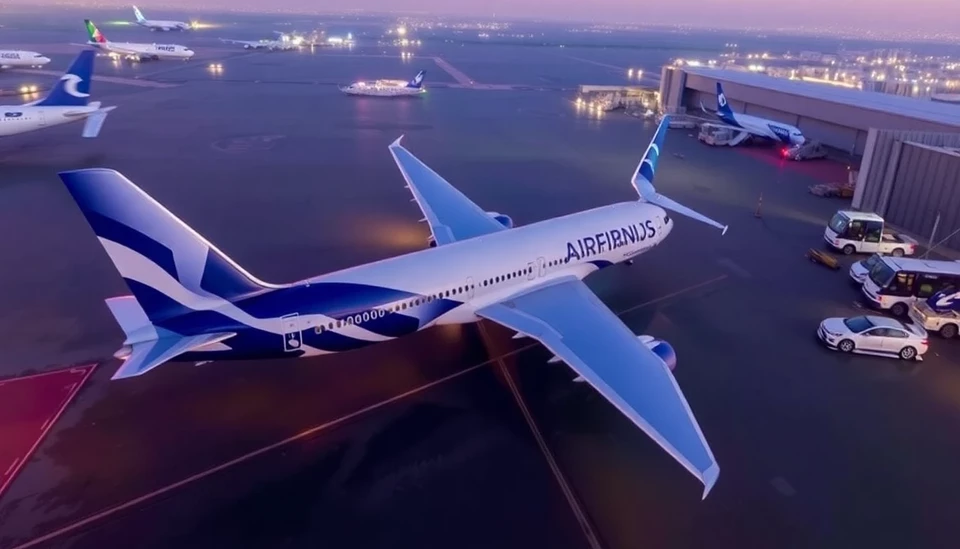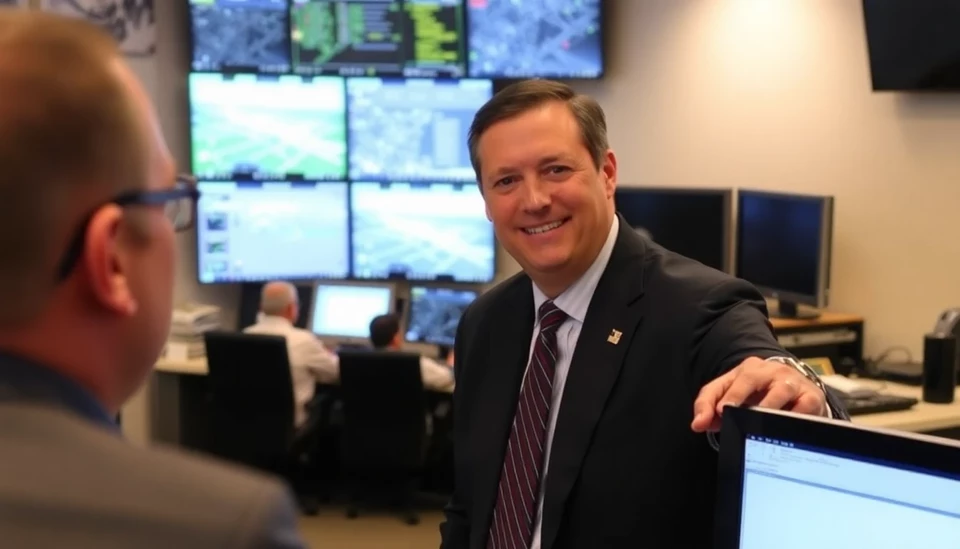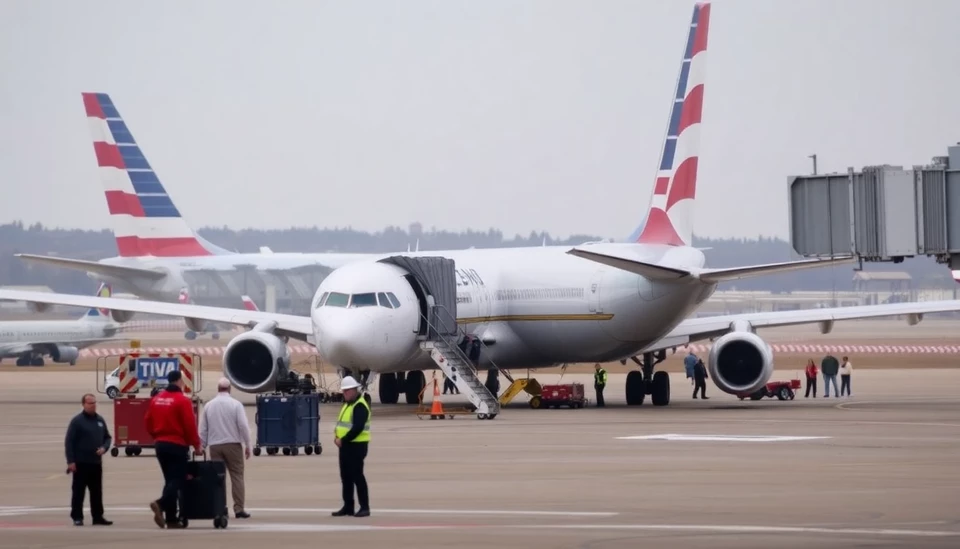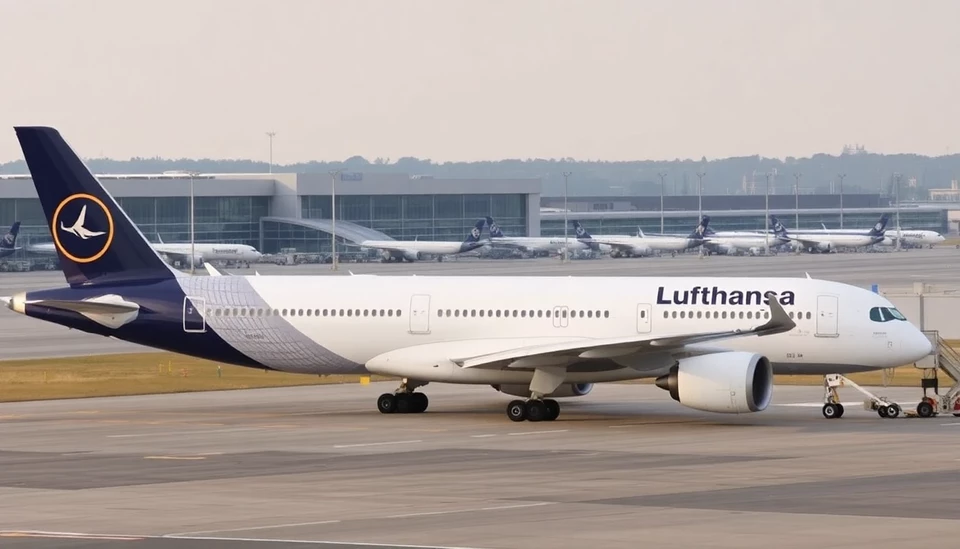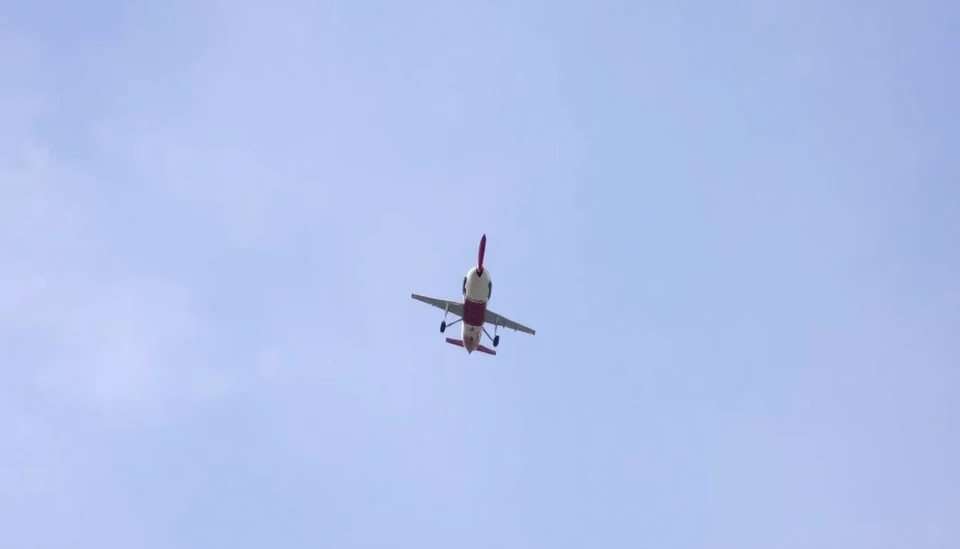
Recent incidents involving helicopter and airplane crashes are raising significant consumer concerns about the safety of air travel. Despite the aviation industry’s strides in safety improvements over the years, a spate of high-profile accidents has left travelers increasingly anxious about their journeys. As many return to the skies post-pandemic, this anxiety could impact travel choices in 2025 and beyond.
Notably, the high-profile incidents include multiple helicopter crashes in urban settings and various aircraft accidents that have captured public attention. These events have sparked debates on the effectiveness of safety regulations and the general preparedness of both commercial and private air travel. According to aviation safety experts, while flying remains one of the safest modes of transport statistically, the visibility of these tragic events is fostering a sense of fear among consumers.
The Federal Aviation Administration (FAA) has reported an uptick in public inquiries regarding air travel safety, particularly surrounding helicopters, which are often perceived as less secure than fixed-wing aircraft. The growing popularity of helicopter tours and urban air mobility services has brought this often-overlooked safety issue to the forefront of public consciousness.
In response to these fears, experts urge travelers to stay informed about the rigorous safety measures that airlines and helicopter service providers are required to implement. The aviation industry has invested heavily in technology, training, and maintenance protocols designed to ensure the safety of passengers. However, experts also acknowledge the need for continuous oversight and improvements to address public concerns.
One primary factor contributing to passenger anxiety is the media coverage of accidents, which often sensationalize devastating events without providing necessary context about overall safety records. According to aviation analysts, this negative portrayal may skew public perception, leading to increased scrutiny of relatively safe travel options.
Consumer confidence in flying, particularly in the aftermath of several crashes, will be critical for the recovery of the aviation industry. Travel organizations are working to launch campaigns that emphasize the significant safety advancements made and counter the prevailing fears that helicopter and plane crashes can instill.
Experts suggest that the aviation industry needs to enhance its communication strategies to reassure the public. Detailed explanations of safety features, briefings on accident investigations, and regular updates on safety improvements could serve to mitigate fears and build trust among consumers.
As 2025 approaches, it remains crucial for industry stakeholders to prioritize safety and transparency while navigating the challenges posed by heightened consumer worry. This is seen as paramount not only for individual companies but also for the broader health of air travel, as it seeks to regain the trust of a wary public.
In conclusion, while the risks associated with flying have decreased significantly over the years, the emotional and psychological implications from recent events cannot be overlooked. The aviation industry must remain vigilant in its efforts to enhance safety protocols and improve public perception to ensure that air travel continues to be a preferred choice for many travelers.
#AirTravel #AviationSafety #HelicopterCrashes #PlaneCrashes #ConsumerConcerns #FlyingFear #PublicSafety #Travel2025
Author: Samuel Brooks
